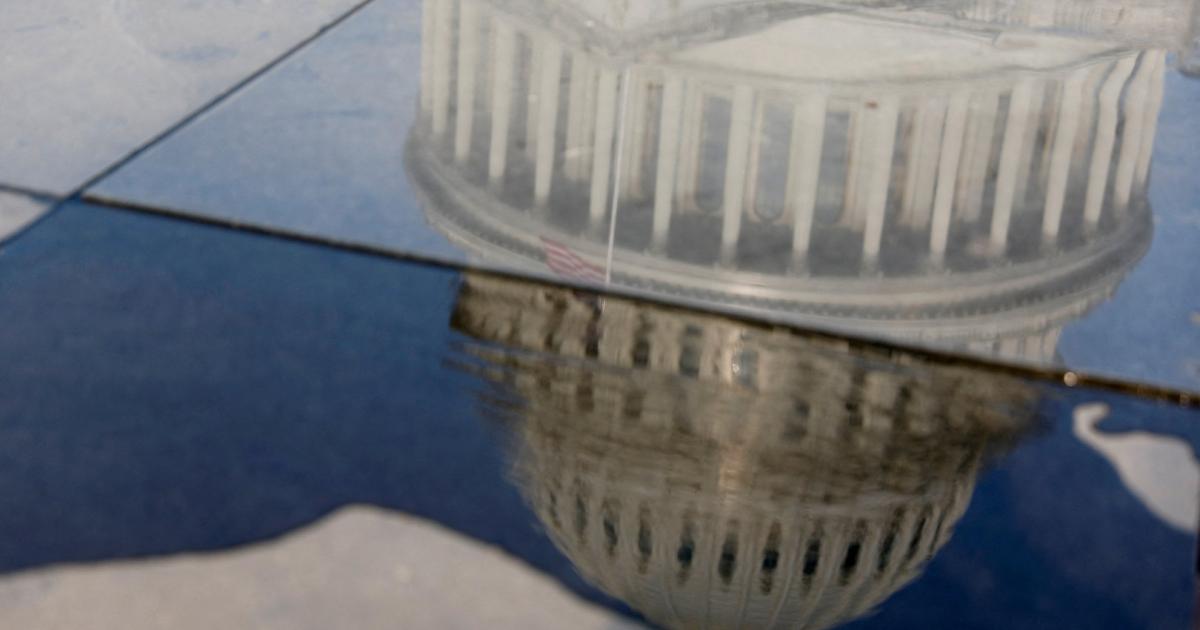Interventions in Washington: The Democratic President’s Negotiators Joe Biden and chief negotiator for the opposition Republicans, Kevin McCarthy, made progress in resolving the US debt dispute on Wednesday, according to both sides. “We’ve made some progress on the work (…). That’s very positive,” McCarthy told reporters after a four-hour meeting at the White House.
After a four-hour White House meeting, McCarthy said negotiations had improved and would resume in the evening. “I want to make sure we get the right deal. I can see we’re working towards that.” US presidential spokeswoman Karen Jean-Pierre said the talks remain fruitful. If things continue like this, “we can come to an agreement here.”
➤ Read more about this here: US Debt Dispute: The Big Shake-Up Continues
impending insolvency
The House of Representatives will take a week off on Memorial Day Thursday. However, Republican Steve Scales said lawmakers will continue to vote if an agreement is reached on raising the debt limit. Time is of the essence: According to the Treasury Department, the United States is at risk of bankruptcy as of June 1 without a deal. The United States had already reached the legal debt limit of just under $31.4 trillion (about 29 trillion euros) in January.
Fitch threatens to demote her
Rating agencies are at a standstill. Fitch The United States’ AAA credit rating was placed on negative watch on Wednesday. According to Fitch, the debt dispute is still expected to be resolved. But the agency argued that “risks have increased” that the debt ceiling will not be raised before the so-called X-date. also Moody’s He may change his assessment. Moody’s currently gives US debt the highest rating of “AAA”, while rival rating agency S&P Global downgraded it after the 2011 debt ceiling dispute. A lower rating can increase borrowing costs.
What happens if the US defaults?
In the United States, Parliament, not the government, decides how much money the state can borrow. For weeks, Republicans and Democrats have been arguing in difficult rounds of negotiations over raising the debt ceiling. If the US defaults on payments, it could lead to a global financial crisis. Should the US government run out of money, it would push the US economy toward recession, with defaults affecting ordinary Americans as well, according to economists. Medical providers who rely on government payments may be the first to feel the effects.
Months of inertia has terrified Wall Street, weighing on US stocks and driving up borrowing costs in the country. US stock indexes fell on Wednesday due to concerns about the debt ceiling.

“Food practitioner. Bacon guru. Infuriatingly humble zombie enthusiast. Total student.”








More Stories
Kyiv: Russian Kursk offensive halted
US Presidential Election: Former US Government Officials Warn Against Donald Trump's Election
Netherlands wants to leave asylum system